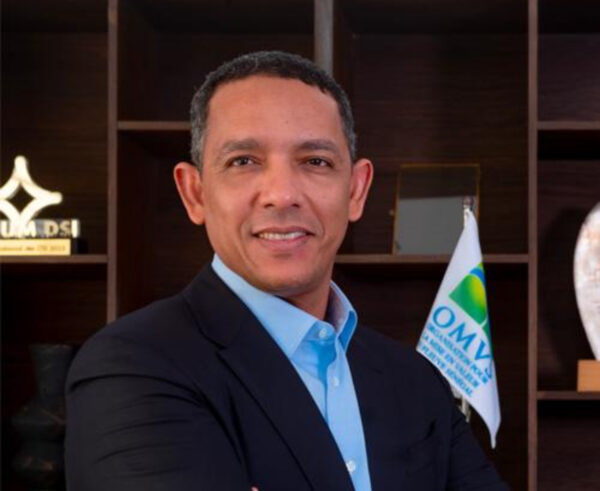The Organization for the Development of the Senegal River (OMVS) is accelerating its transformation. Under the leadership of its High Commissioner, Mohamed ABDEL VETAH, the regional institution is entering a new phase: data governance, technological innovation, and youth inclusion at the heart of the basin management strategy.
Gathered in Dakar on October 30, 2025, the national coordinators and leaders of the System’s companies (SOGED, SOGEM, SOGENAV, SOGEOH, SEMAF) have taken a decisive turn. OMVS is no longer content with managing a river: it now aims to model it, study it, and project it into the future.
On the agenda, three major announcements:
– A digital twin of the Senegal River, the first of its kind in West Africa, to simulate water levels, climate impacts, and infrastructure in real-time – a strategic tool in times of water stress and climate uncertainty.
– A regional incubator dedicated to youth and women, aiming to foster startups and green projects around water, sustainable agriculture, and renewable energies.
– A Research and Innovation Cell to bring together scientists, universities, engineers, and policymakers, and anchor river governance in the production of local knowledge.
“The Senegal River must become a space of collective intelligence. Science, technology, and youth will be our engines of resilience,” emphasized Mohamed ABDEL VETAH.
In sight for Conakry 2025
This cycle of innovation will culminate in a highlight: the OMVS Forum, scheduled for November 22, 2025 in Conakry. Theme:
“Youth at the heart of the sustainable transformation of the Senegal River basin: building resilience, from Fouta Djallon to the Delta.”
Heads of State, donors, technical institutions, young entrepreneurs, and community actors are expected. Objectives:
– Demonstrate that local innovation can address water and climate challenges;
– Strengthen financial alliances around major basin projects.
A Consultative Committee of Development Partners (CCDP) will prepare the event, a sign of a more structured approach towards donors.
A regional hydraulic system in transition
Beyond innovation, Dakar has allowed for an update on structuring projects: Gourbassi and Koukoutamba dams, river navigation, and improved access to drinking water.
In a context where Africa is rethinking its model of natural resource management, OMVS aims to assert itself as a regional laboratory for water cooperation, capable of reconciling sovereignty, technology, and regional integration.
Under Mohamed ABDEL VETAH’s mandate, the organization intends to shift from operational river management to a strategic, anticipatory vision focused on climate resilience and economic valorization of water.
A clear message: in the era of climate change, the Senegal River will be as much about data, innovation, and youth as it is about dams and hydraulic structures.


